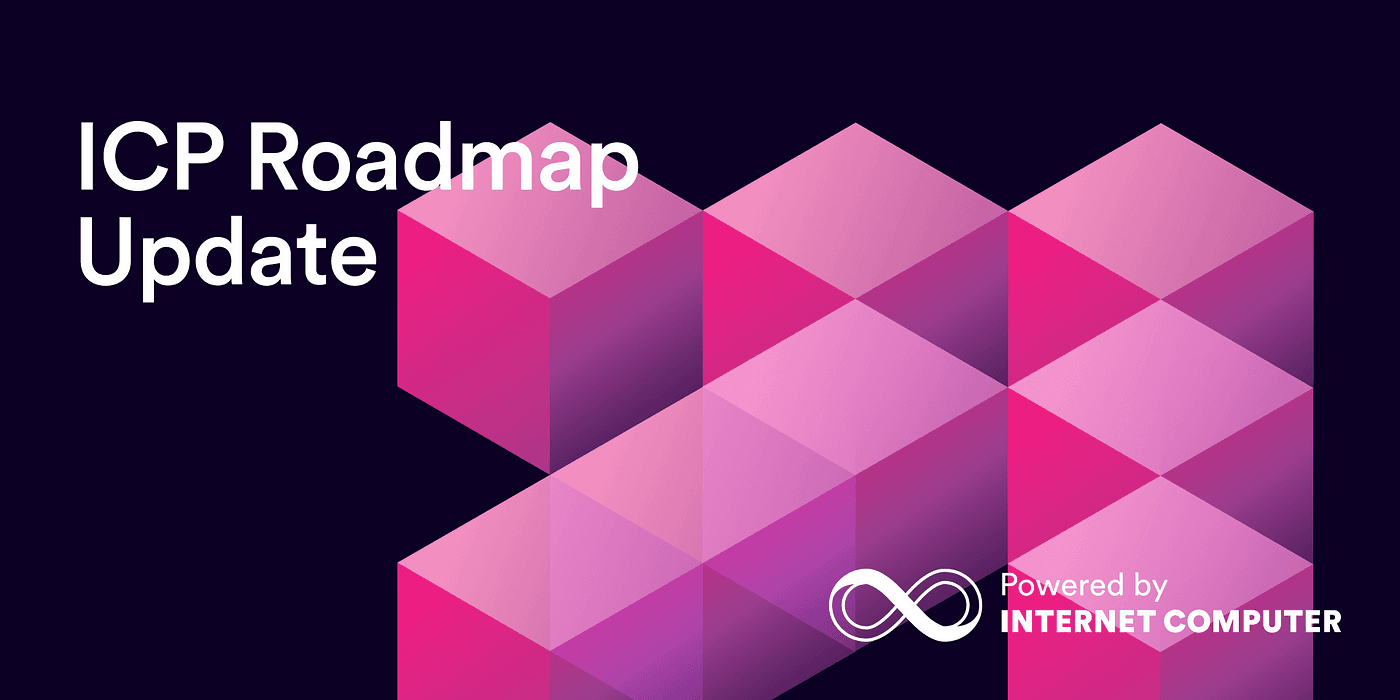
The Internet Computer (ICP) has entered 2025 with notable momentum, building on years of technical advancement and community growth. While 2024 saw the successful implementation of the Plasma milestone, which introduced liquid democracy and voting delegation through Follow neurons, this year’s focus has shifted toward refining the ecosystem’s governance and tokenomics infrastructure. These improvements aim to make participation more intuitive, inclusive, and scalable.
Three governance-related milestones—Neon, Nucleon, and Nucleus—represent the next phase of decentralized decision-making, tailored to support growing adoption and to bring real-world usability to token governance systems.
Neon Milestone: Making Governance Accessible and Intuitive
One of the longstanding challenges in blockchain governance is accessibility. While many token holders support decentralized ideals, the complexity of participating in governance often becomes a barrier. The Neon milestone addresses this by streamlining how governance tokens are used and interacted with on the Internet Computer.
Neon introduces user experience enhancements that make staking, voting, and following neurons more accessible for non-technical users. It simplifies the onboarding process for those new to the Internet Computer, thereby increasing community engagement and tokenholder participation. By lowering the learning curve and integrating more intuitive interfaces, Neon enables a wider spectrum of contributors, especially those who previously stayed passive, to take part in decision-making processes that shape the protocol.
Nucleon Milestone: Empowering DAOs and Community-Driven Development
The Internet Computer is unique in its native support for decentralized autonomous organisations (DAOs), known within the ecosystem as service nervous systems (SNSs). In 2025, the Nucleon milestone seeks to deepen this DAO-first vision by reinforcing the mechanisms that sustain decentralized communities.
With Nucleon, DAOs gain enhanced tooling and improved governance frameworks, including better configuration options, reward structures, and decision automation. This empowers contributors within each DAO to take on more ownership, experiment with different forms of collective governance, and align incentive models to drive innovation at scale.
More importantly, Nucleon ensures that DAO participants—not just developers, but designers, content creators, and users—can meaningfully contribute to product and protocol evolution without requiring deep technical expertise. It’s about distributing responsibility in a way that encourages participation across disciplines.
Nucleus Milestone: Deep Integration of Orbit and the NNS
The Nucleus milestone introduces a critical advancement in decentralizing governance processes through infrastructure-level integrations. Orbit, the multi-signature and multi-approval framework developed to enable secure organisational operations, is now being integrated with the Network Nervous System (NNS)—the Internet Computer’s native governance engine.
This integration allows DAOs and decentralized teams to adopt Orbit’s approval flows for major decisions, such as treasury movements, project updates, or role changes. The added functionality not only enhances transparency and trust but also reduces friction in collaborative execution. By embedding Orbit into the NNS, Nucleus helps mature the Internet Computer’s governance architecture into a system that is not only decentralized but also operationally scalable and secure.
A Broader Vision for Governance in 2025
These milestones—Neon, Nucleon, and Nucleus—are part of a larger strategy outlined in the Internet Computer Roadmap 2025, which lays out a clear trajectory toward a self-governing, community-powered network. The roadmap reflects a strong emphasis on building tools and infrastructure that support long-term sustainability and decentralized control without compromising usability.
Notably, these governance improvements complement other 2025 milestones such as Echelon (bringing unified data management across canisters), Fusion (enabling advanced Bitcoin and Ethereum integrations), and Catalyst, which introduces incentive models for developer activity through seamless monetisation.
Governance and tokenomics are not siloed—they intersect with product design, community culture, and economic flow within the network. That’s why efforts like these are crucial for scaling the Internet Computer from a developer-centric ecosystem into a truly public and participatory internet infrastructure.
Conclusion
With every milestone, the Internet Computer continues to challenge conventional assumptions about decentralized governance. From onboarding new users with Neon, to empowering DAOs via Nucleon, and enhancing secure collaboration through Nucleus, 2025 is proving to be a pivotal year for rethinking how governance can evolve beyond technical limitations.
Sources:
- Internet Computer Roadmap 2025: https://internetcomputer.org/roadmap